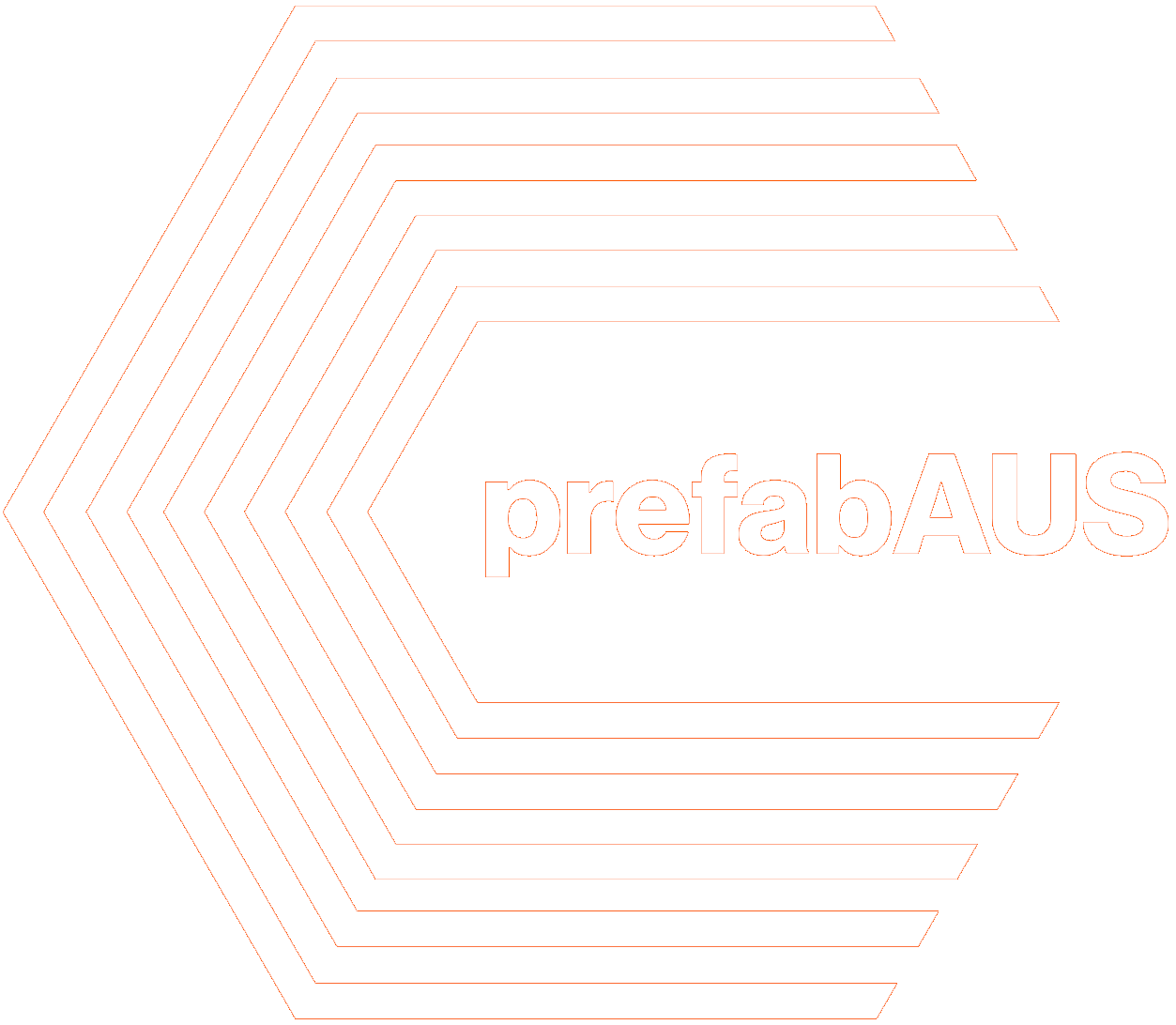Harry Nicholas
Harry is a Principal at Hayball, one of Australia’s largest design practices with studios in Melbourne, Sydney and Brisbane. With over twenty years’ experience across the architecture and construction industries, Harry has been instrumental in the development of this diverse practice which integrates architecture, interior design, and urban design expertise.
As a passionate and knowledgeable design advocate, Harry champions the use of innovative methodologies. He has a strong appreciation of complex commercial conditions and is focused on guiding great client relationships. Having worked on both sides of construction and procurement contracts, Harry believes that establishing common values, fostering collaboration, and managing professional expectations is paramount to achieving successful outcomes.
Over the past decade, Harry has led various major programs and multi-site projects at Hayball. He is uniquely skilled as both a project manager for built work, and a leader in the realisation of landmark projects across residential and educational sectors. His specialist knowledge of contemporary education design and modular procurement methodology has been pivotal to the growth of the practice.
In addition to his design work, Harry has also guided the development of Hayball’s quality control and resource management systems, ensuring the practice continues to meet the exceptionally high design standards.
Presentation Overview
While the classroom in the traditional sense will remain part of the learning landscape it constitutes only one component of a multi-part delivery vehicle for contemporary education. As we increasingly understand the diversity of ways children learn as individuals, in pairs and in groups, we recognise that we need to provide a greater variety of opportunities to support emerging teaching practices.
Contemporary learning settings and teaching spaces need to be adaptable whilst remaining purposeful. They should be the result of careful analysis of pedagogy and respond to the relevant, identified functional criteria that are tied to the delivery of a curriculum and to achieving desired learning outcomes.
The functional criteria for learning spaces are most often limited in number and highly defined, their implementation being therefore synergistic with modular construction. By transcending the current trends of pre-fabricated classrooms as volumes and re-thinking the scale of componentry, an education specific kit of parts may be developed from pedagogical thinking.
The creation of modular learning settings has the potential to integrate pre-fabrication with the design of contemporary education facilities and become the default procurement approach in the delivery of future schools.

